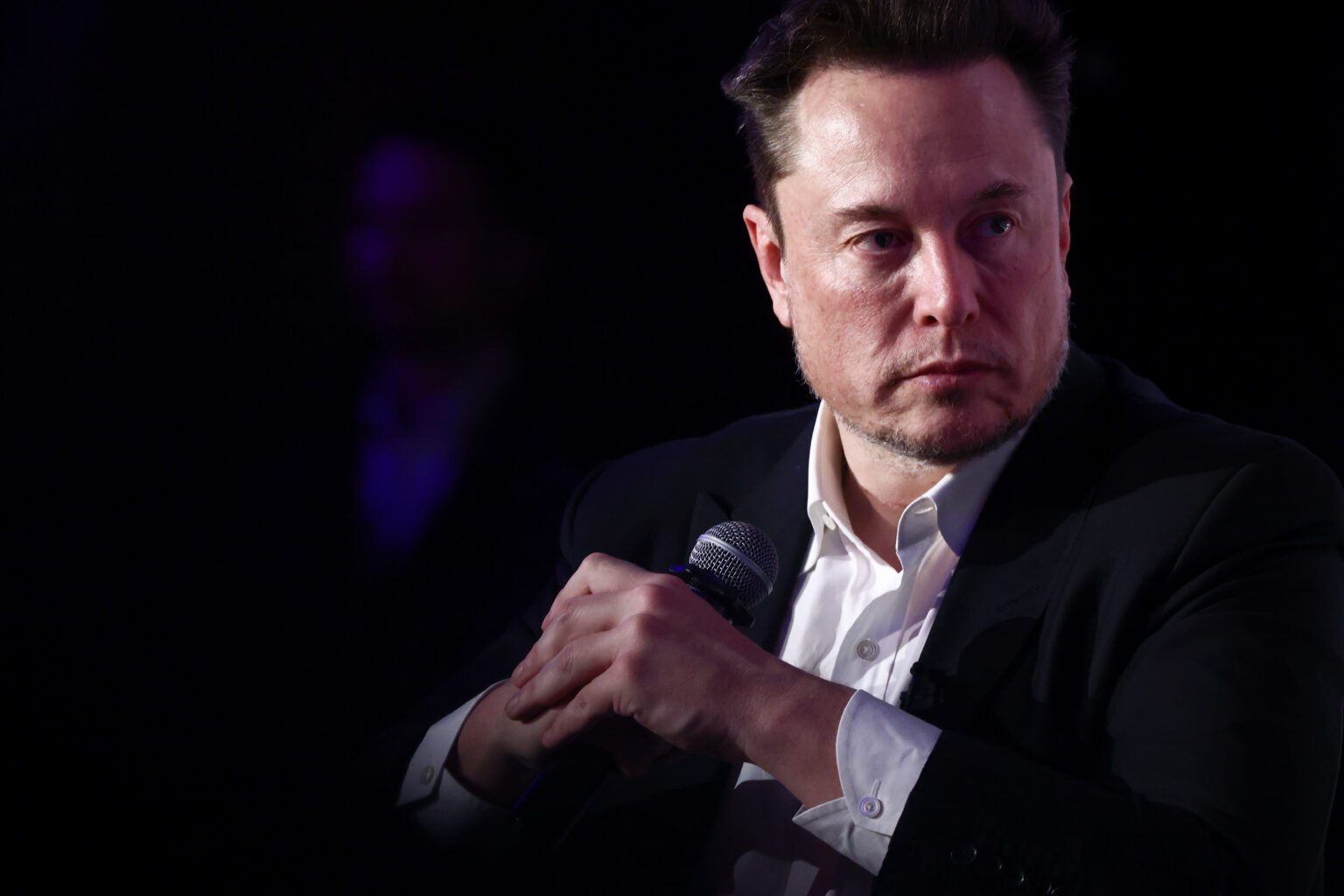The fallout from the OpenAI board’s failed attempt to fire CEO Sam Altman last November has taken an unexpected turn, with Elon Musk filing a lawsuit against OpenAI in a San Francisco court. Musk, a co-founder of OpenAI, alleges that Altman and co-founder Greg Brockman have violated the company’s founding mission to develop AI safely and for the benefit of humanity. Musk disagreed with Altman and Brockman’s plan to turn OpenAI from a non-profit to a for-profit company, leading to his decision to step away from the company in 2018.
The lawsuit filed by Musk against Altman, Brockman, and several of OpenAI’s business entities includes allegations of breach of contract, breach of fiduciary duty, and unfair business practices. Musk is seeking unspecified damages above $105,000. The lawsuit could have significant implications for the future of OpenAI and its partnership with Microsoft, as Microsoft has invested $13 billion in OpenAI and has exclusive commercial rights to OpenAI’s intellectual property, including the algorithms behind ChatGPT and GPT-4.
A key aspect of the lawsuit is the claim that the OpenAI board has the right to determine when artificial general intelligence (AGI) has been reached, at which point Microsoft’s exclusive commercial rights to OpenAI’s intellectual property would no longer apply. This claim could fundamentally reshape how OpenAI and Microsoft do business, as AGI represents a major milestone in the development of artificial intelligence. The lawsuit raises questions about the direction of OpenAI and the implications of transitioning from a non-profit to a for-profit model.
The events surrounding the lawsuit highlight the tensions within OpenAI and the broader AI community regarding the development and deployment of advanced AI technologies. The lawsuit also sheds light on the power dynamics within OpenAI’s leadership and the decision-making processes that shape the company’s strategic direction. As the lawsuit unfolds in the San Francisco Superior Court, the outcome could have far-reaching consequences for the future of OpenAI, its partnership with Microsoft, and the wider world of artificial intelligence.
Overall, the lawsuit filed by Elon Musk against OpenAI underscores the complex and evolving landscape of AI development and governance. The legal battle between Musk, Altman, and Brockman raises important questions about the ethical and commercial considerations that accompany the advancement of AI technologies. The outcome of the lawsuit could have significant implications for the future of OpenAI, Microsoft, and the broader AI ecosystem, shaping the trajectory of AI development and deployment in the years to come.









